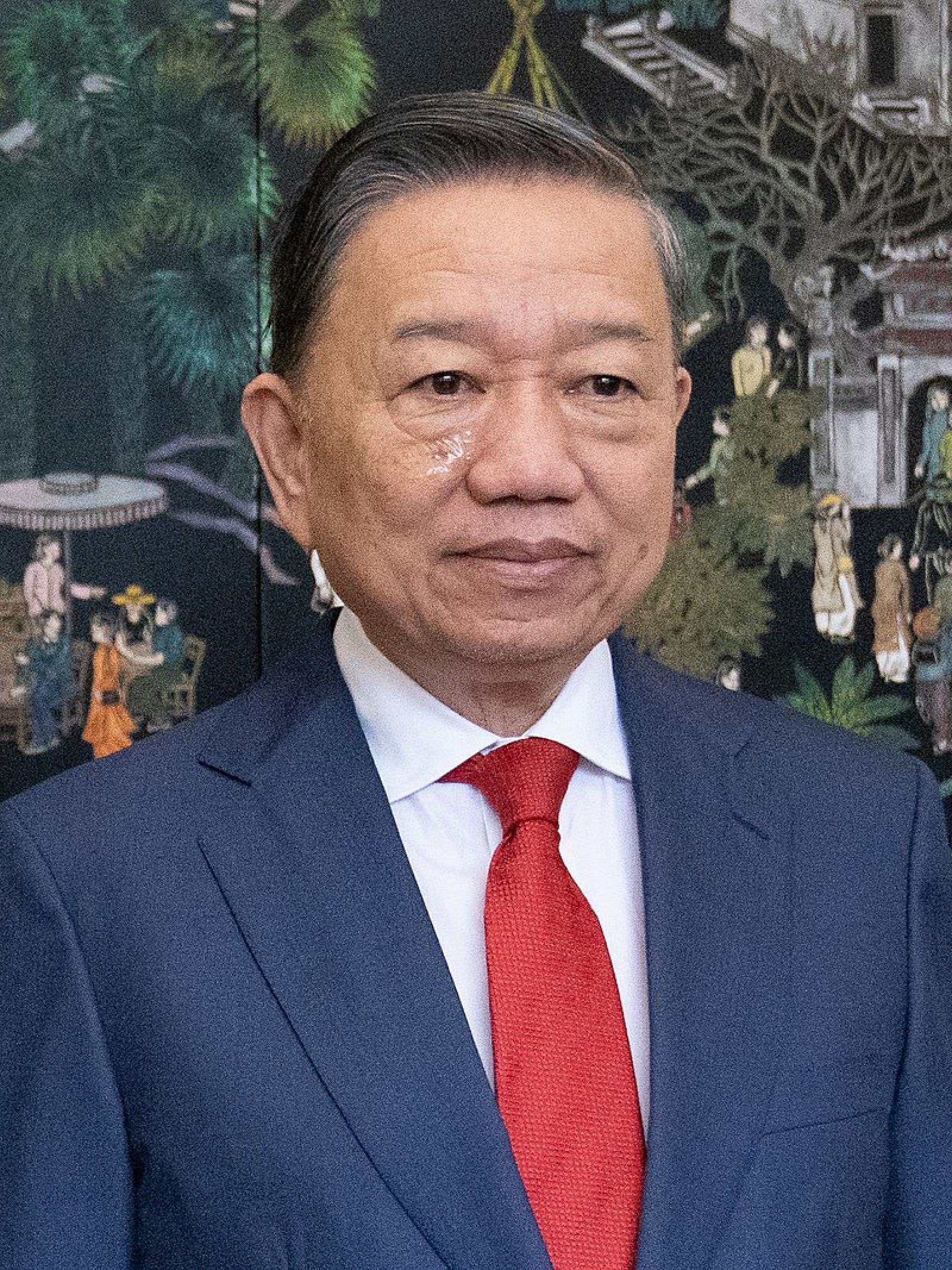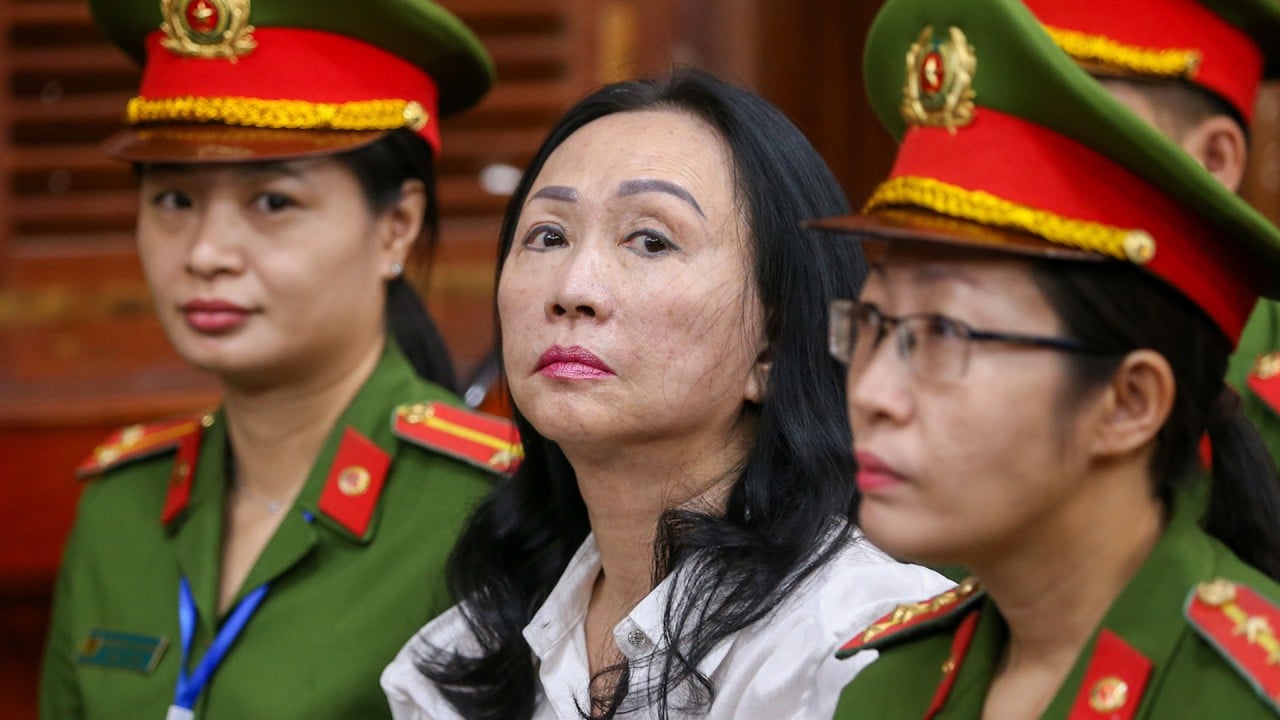In its latest move, Hanoi said on Thursday that Tuong Thi Mai, Vietnam’s fifth-ranking leader and the only woman in the Politburo, had been removed without explanation for „violations and shortcomings,” according to Reuters.
Although repression slows down routine transactions and disrupts bureaucratic processes, it can have a positive impact on improving business transparency.
„The impact of the anti-corruption campaign is manifested in reducing the cost of bribery, improving firm performance in the private sector, and significantly improving investment efficiency in the public sector,” said Kan Hong, a senior lecturer at the University of Lincoln.
The average cost of bribery in Vietnam is about 3 percent of corporate revenue, according to a survey by Vietnam Trade and Industry.
But the crackdown points to the snakes-and-ladders luck of Vietnam’s political elite rather than a genuine desire to root out corruption, Bill Hayden, an associate fellow in the Asia-Pacific Program at Chatham House, said this week in Asia.
„They can never eradicate corruption… because corruption is how the system works,” he said.
„If we assume that everyone is corrupt, is there a good reason to wonder why some are expelled and others are not?”
Will party hardliners win?
Leading the country’s anti-corruption drive is Nguyen Phu Trong, head of Vietnam’s apex body, the Politburo, and general secretary of the Communist Party, who is in charge of setting the country’s direction every five years.. The 80-year-old is leading the country for an unprecedented third term.
Since 2021, Trang organized the „Blazing Furnace” anti-corruption campaign, which has forced five Politburo members to resign over related charges.
As his health in Vietnam continues to be a source of speculation, Trang is not expected to continue in his role when the Communist Party’s next power transition takes place in January 2026.
According to analysts, the infighting at the top is to prepare new leaders to lead the country until January 2031. On Thursday, the party’s Central Committee announced four new candidates for the Politburo.
As the purge continues, party hardliners will come to the fore, analysts say.
According to Bloomberg, Du Lam allegedly oversaw the kidnapping of Vietnamese fugitive Trinh Xuan in Berlin and the arrests of activists.
„He can decide who should be investigated and who should be prosecuted,” Hayden said.
Vietnam is expected to announce a new president next week, paving the way for Do Lam to become Vietnam’s next party leader in a power transition that will take place within two years.
Tran Thanh Man, the current Deputy Speaker of the National Assembly, is another party heavyweight who could be elevated to the Speakership.
Chief Political Commissar General Luang Kuang is set to become the party’s executive secretary – if confirmed, he would be the second military veteran to hold the post since 1994. Colonel General Luong Tam Quang is to take up the important post of Minister of Public Security.

A breakdown in bamboo diplomacy?
Analysts say the bigger geopolitical picture that will emerge once the winners emerge from the 2026 National Party Congress is Vietnam’s expected closer alliance with China.
“Party’s No. 1 interest is survival and regime protection. So, their No. 1 friend, China, is a similar regime,” Hayden said.
„America, with its liberalism, democracy and pluralism, are things the Communist Party does not like,” he added.
In the short term, domestic political turmoil will do little to move the foreign policy needle for a country that has aligned itself with the neutral stance of 'bamboo diplomacy’. The phrase refers to Vietnam’s skillful management of competing geopolitical objectives between the great powers over the past three decades.
This policy is based on the 'four numbers’ outlined in Vietnam’s 2019 Defense White Paper: no military alliances, no partisanship, no foreign powers allowed to use Vietnam as a military base and no use of force in international relations.
„Restructuring human resources will not change foreign policy,” said Phan Xuan Dung at the ISAS-Yusof Ishak Institute of Vietnam Studies Program.
The security trajectories outlined in the paper enabled Hanoi to establish broad alliances to drive the economy and maintain relations with the great powers: the United States, whose companies were invading Vietnam; China, Vietnam’s No.1 trading partner; and Russia, its top defense supplier.
“Vietnam is still confident in its ability to manage the South China Sea issue with China. There have been no major conflicts between the two countries in the past few years, so Vietnam has no reason to turn against China.
In early May, Vietnam delayed a meeting with EU officials in Hanoi ahead of a possible visit by Russian President Vladimir Putin, according to Reuters. Although Vietnam says countries must uphold international law and the United Nations Charter, it has refused to side with the West in condemning Russia’s aggression against Ukraine.
Vietnam is expected to continue to reap the benefits of continued competition between the US and China, especially in the economic arena, Dung said. „As long as this tactic still works, they won’t change direction.”
But analysts say the Vietnamese leadership may be forced to move away from its 'bamboo diplomacy’ and choose between the US and China if Republican presidential candidate Donald Trump is to secure a second term.
Likewise, the US will be closely watching Vietnam’s political power play after the anti-corruption purge, said Joan Farmella, an Ellings-Corduba Fellow at the National Bureau of Asian Research.
Farmella added that if Hanoi conservatives less committed to American interests prevail and lead the country, Washington „could roll back some of the strong progress that the United States and Vietnam have made in recent years in their relationship.”

. „Gracz. Namiętny pionier w mediach społecznościowych. Wielokrotnie nagradzany miłośnik muzyki. Rozrabiacz”.

